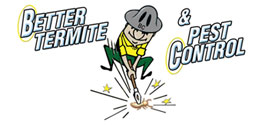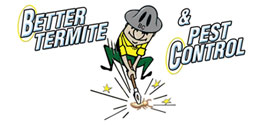Most ant species are nothing more than an eyesore. They simply crawl around the kitchen whenever they find some food laying around. However, this is not true for all ants – certain species can be downright dangerous. Let’s take a look at these pest ant species.
Fire ants
Fire ants are the most aggressive ants that will ever enter the home. They have the ability to sting with a fairly strong venom that creates a painful blister, and which in large quantities can lead to severe reactions. Fire ants are also known for how fiercely they will defend their nests, which can make them hard to remove and a hazard whenever they set up in the backyard or in the home. Even getting too close to a fire ant nest can trigger a swarm.
Carpenter ants
Carpenter ants pose no threats to the inhabitants of the home, but they do pose a threat to the home itself. Like termites, they infest the wood of a building, destroying it in order to make way for their colonies. Carpenter ants can cause significant damage to the home, and they need to be removed as soon as they are detected.
Pharaoh ants
Pharaoh ants are tiny, yellowish ants that are known to spread a large variety of diseases including Salmonella. . They pick up these diseases as they travel through unclean areas, and then when they come into contact with food, they contaminate it, spreading the pathogens to humans.
Odorous house ants
Odorous house ants are not as bad as all the other species mentioned on this list, but they are definitely more of an inconvenience than normal ants. They’ve received their name because they release a foul odor when they are crushed, but outside of that, they do not pose a threat to the home or to the inhabitants.
Control
Normal ant species can be kept out of the home using repellents, but for these more dangerous pest ants, you will need the help of a pro who will be able to destroy the entire colony. Most of these species are also very resilient and have various strategies to survive an attack on their colonies, so they are quite hard to handle DIY.
Contact us today if you have any questions about these pest ant species, or if you have one of these species infesting your property, and we will gladly help you out.



